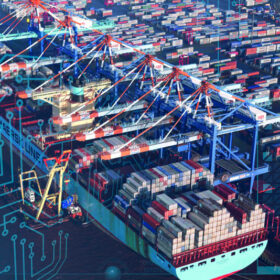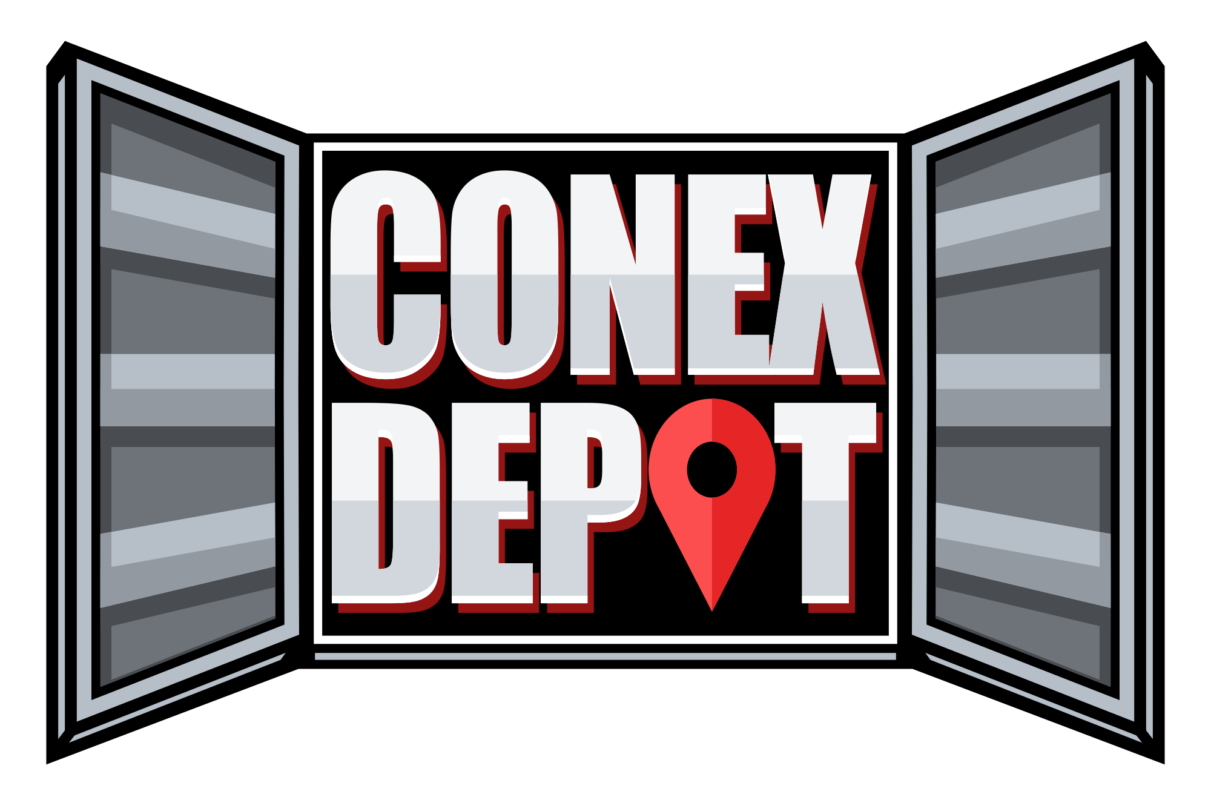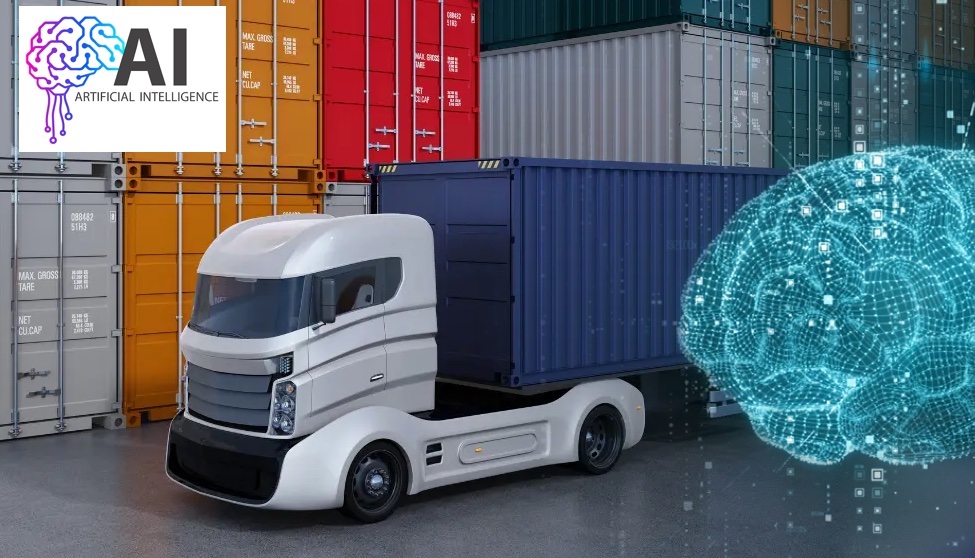shipping container depot, Shipping Containers For Sale
The Impact of AI on the Shipping Container Industry in 2024
The Impact of AI on the Shipping Container Industry in 2024
Artificial Intelligence (AI) is making waves across different sectors, and the shipping container industry is no exception. As we look towards 2024, it’s clear that AI will play an increasingly crucial role, offering benefits such as reduced costs, improved forecasting, minimized risk, and enhanced operational efficiency.
AI Enhancements
The shipping industry is currently in the middle of a digital transformation, with AI at the forefront. AI-powered processes are enhancing space optimization and container placement by assessing a container’s size and shape while analyzing existing infrastructure. This optimization leads to more efficient use of space, reducing costs, and improving turnaround times.
AI’s application in supply chain management is expected to reach new heights in the coming years. AI, coupled with Big Data analytics, is reshaping demand forecasting for container shipping. By analyzing vast amounts of data in real-time, shipping companies can make more accurate predictions about demand trends, allowing them to manage their resources better and optimize their operations.
Logistics Improvements
Port congestion and inefficiency are significant challenges that the global supply chain faces. AI could be the key to solving these problems. By using AI to analyze and predict trends in port traffic, shipping companies can plan their schedules better, reducing wait times, and improving overall efficiency.
Generative AI in supply chains can forecast demand, predict when trucks require maintenance, and determine optimal shipping routes. This kind of AI can remove human touch points, reducing the scope for error and significantly speeding up processes.
Environmental Impact & Sustainability
AI also offers solutions to reduce the shipping industry’s carbon footprint. Route forecasting that considers factors like fuel consumption can make shipping more sustainable. AI can also predict weather conditions and suggest alternative routes to avoid delays, further enhancing efficiency.
For ports and shipping companies, AI and automation projects, known as retrofitting, improve overall efficiency by automating repetitive tasks, allowing employees to focus on more strategic aspects of the business.
As we move closer to 2024, AI’s role in the shipping container industry will become even more critical. The benefits are clear: lower costs, improved efficiency, and a more sustainable industry. With these advantages, the future of the shipping container industry under the influence of AI looks promising.
 The Role of AI in Shipping Container Ports
The Role of AI in Shipping Container Ports
AI is proving to be a game-changer for shipping container ports, leading to increased communication, improved efficiency and reduced costs. An AI-enabled port ecosystem can facilitate better communication across all touchpoints in the container supply chain, from cargo owners to terminal operators. This enhanced communication minimizes errors and ensures smooth operations.
Real-Time Data and Sensor Technology
One key way AI is transforming shipping ports is through the use of sensors providing real-time data. These sensors can provide critical information to ships at sea and port workers on land, ensuring that no vessel is functioning in isolation. The real-time data obtained from these sensors can help in making timely decisions and avoiding potential bottlenecks or issues.
Smart Port Operations and Automation
Digital Smart Ports using AI can handle an increase in cargo traffic, optimize employee working hours, cut human error, and streamline the supply chain. For instance, the Smart Port Lab features autonomous inspection systems, container identification and tracking, AI-powered document processing, and autonomous cranes. This level of automation not only improves efficiency but also significantly reduces the scope for human error.
Predictive Features and Efficiency
AI’s predictive capabilities can identify gaps in communication, determine the best shipping pattern, and boost efficiency in the transportation of containers. By analyzing historical and real-time data, AI can forecast demand, predict optimal shipping routes, and even detect fraud. These predictive features allow for more effective planning and resource allocation, leading to improved efficiency and cost savings.
Monitoring and Management
With the available container information, AI can effectively monitor types of goods, their stay duration in the ports, and other information that can help management make better decisions. AI can even automate container management, reducing the manual workload and further enhancing operational efficiency.
In conclusion, AI’s role in shipping container industry is multifaceted and transformative. From improving communication and efficiency to automating processes and offering predictive insights, AI is set to revolutionize the shipping industry’s landscape by 2024.



 Quick Quote
Quick Quote
